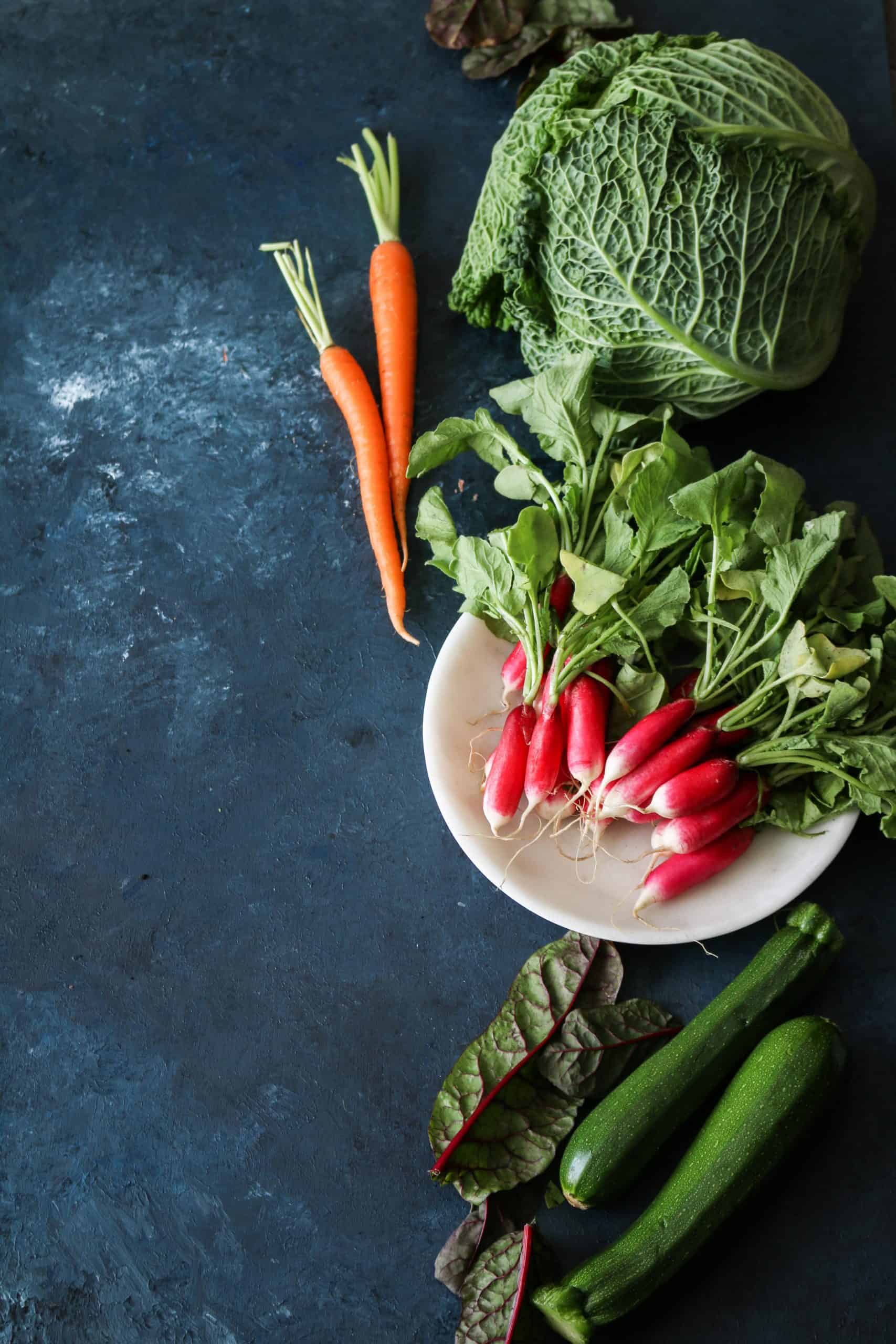
Is one of your goals this year to eat more vegetables? You’re not alone.
I love vegetables, but I would be lying if I said I reach the recommended serving size every single day. Yes, I do reach that number most days, but not always.
So today, I wanted to share some tips on how to sneak in some vegetables to your diet. Because let’s be real, most of us could eat a bit more vegetables.
How many servings should you really be eating each day? The recommendation is a minimum of 5 portions. To be clear, this doesn’t mean 5 big salads or 5 large piles of vegetables on your plate. One serving is actually relatively small. How small exactly? Half a cup for cooked or raw vegetables or 1 cup for leafy greens.
This may seem like a lot for some and little for others.
An easy way to reach this goal is to have half of your plate as vegetables each meal. This is what we call the plate method (half vegetables and a quarter each of grains/starches and meats/alternatives). But there are other more creative ways to eat more vegetables.
Whether you eat a healthy diet and you just want to up your game, or whether you’re looking to improve your diet this year, I hope some of these tips will help!
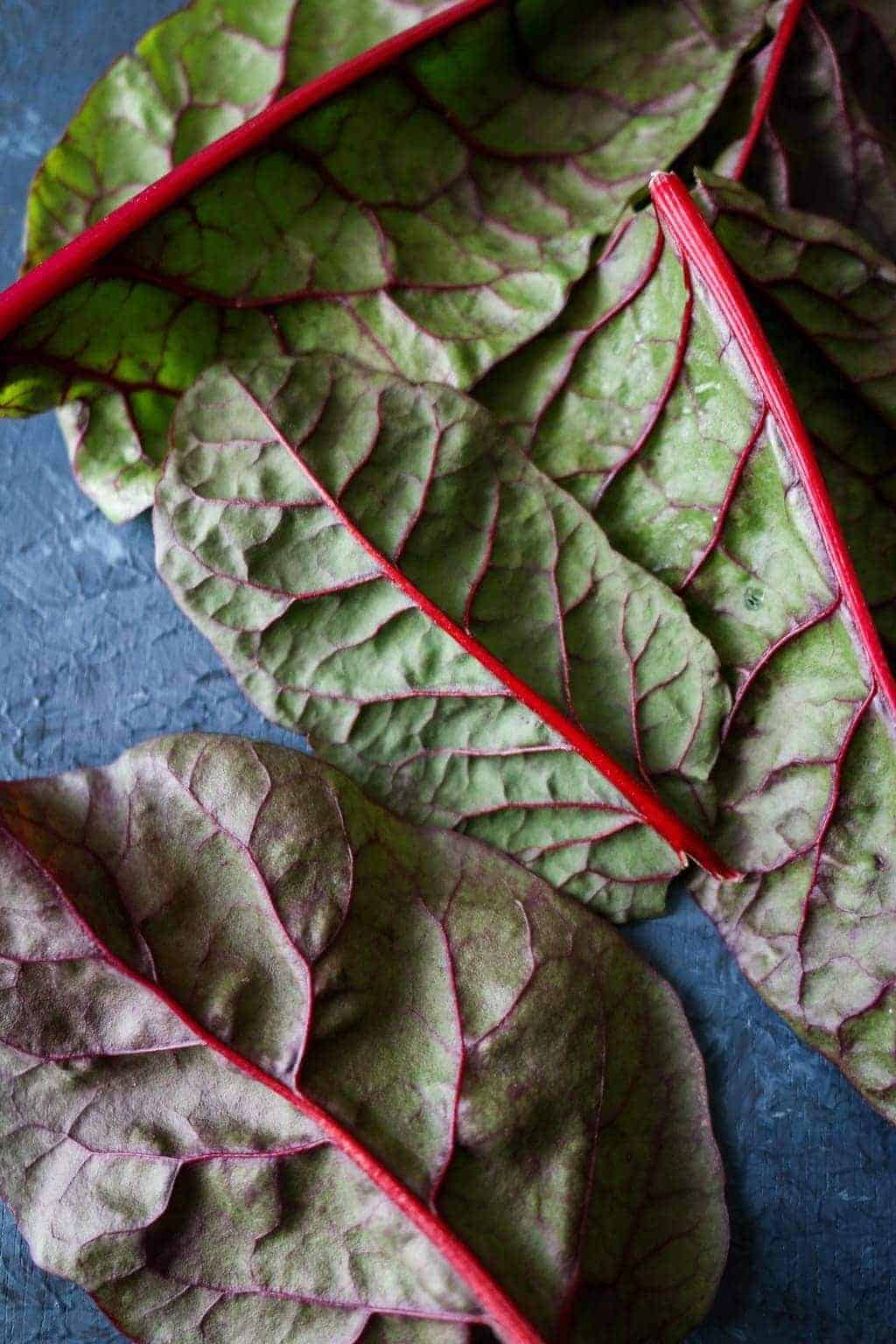 1. Smoothies. Every smoothie should include vegetables. It’s just so easy and it tastes just the same! Add greens, carrots, cauliflower, cucumbers, etc. My personal favorite is spinach as it’s the most undetectable.
1. Smoothies. Every smoothie should include vegetables. It’s just so easy and it tastes just the same! Add greens, carrots, cauliflower, cucumbers, etc. My personal favorite is spinach as it’s the most undetectable.
2. Pasta sauce. Add more vegetables to your pasta dishes by sneaking in some mushrooms, peppers, celery, carrots, leafy greens and more. Pasta sauce doesn’t have to be made from tomatoes only. You can puree the sauce to hide them or leave it chunky. Either way, extra vegetables can add flavor and nutrition! If you’re using pre-made tomato sauce, stir in some spinach during cooking!
3. Casseroles. You can try adding vegetables to your favorite casserole.
4. Eggs. Instead of a simple cheese omelet or scrambled eggs, try adding some spinach, peppers, mushroom or other vegetables! You can use spinach and pre-sliced mushrooms for minimum prep.
5. Salads. This is an obvious one, but it doesn’t have to be a plain garden salad. Use different greens or make it interesting by using a combination of raw and roasted vegetables. My favorite? Roasted sweet potatoes in a kale salad.
6. Desserts. Add vegetables to cookies, muffins, brownies, cake and more. Zucchini and carrots are popular in desserts. You can also add pumpkin or sweet potato puree. A few of my favorite veggie desserts: sweet potato brownie, pumpkin cookies, pumpkin bread, zucchini oatmeal cookies.
7. Oatmeal. Stir in some finely shredded zucchini or carrots to your oats and cook on the stove top. You can also try pumpkin or sweet potato puree in oatmeal. Not only does it add volume, but it can add at least one serving of vegetables to your day!
8. Soups. This is such an easy way to sneak in some vegetables! Use up all the old vegetables you have in your fridge or freezer and give them life by adding them in a soup. Frozen vegetables can be added directly in a soup for an easier option, especially during winter when fresh vegetables aren’t always available.
9. Chili, curries and stews. Throw in some old vegetables, just like you’d do with soup. Another easy option? Stir in some pumpkin puree – You may not even notice it’s there.
10. Snacks. Vegetables aren’t just for meals – include them to your snacks. Have veggie sticks and hummus, vegetables with cheese, a green smoothie or a healthy treat with vegetables.
11. Cook them differently. If you don’t like raw or steamed vegetables, try roasting them with oil and a pinch of salt. It completely changes the taste and texture! You can also try them in a stir fry or sautéed with oil and spices.
12. Add flavor. Use herbs and spices instead of salt and butter. Vegetables don’t have to be bland!
13. Add avocado. Although it’s technically a fruit, avocado is great in sandwiches, salads, smoothies, desserts (such as this chocolate pudding or brownies), on top of casseroles or on top of toast!
14. Pancakes and waffles. Just like baking, you can add some zucchini, carrots, sweet potatoes or pumpkin to pancakes and waffles.
15. Spiralizer. Try mixing in some spiralized vegetables to your pasta for a lighter meal. You can replace noodles completely with spiralized vegetables or mix both together.
16. Add fresh herbs. Herbs are vegetables too! Add them to grains, casseroles, sauces and more. You can also make pesto to use in sandwiches, pasta, casseroles and more.
17. Pasta. Add vegetables to mac and cheese or creamy pasta dishes. Try peas, roasted broccoli, cauliflower or brussels sprouts, tomatoes, spinach, mushrooms or herbs.
18. Pizza. Always add vegetables to your pizza. A lot of vegetables.
19. Veggie burgers. Try a veggie burger or stuff your burger with vegetables. Note that not all veggie burgers are created equal. Some store-bought or restaurant burgers are mostly made from grains and soy products. Make them homemade or try buying those with legumes and vegetables.
20. Lettuce Wrap. Use lettuce or other leafy greens instead of a wrap or a bun when eating burgers, wraps or sandwiches.
21. Cauliflower. This vegetable is being used in so many recipes to reduce the amount of carbs. Use cauliflower rice, make a cauliflower pizza crust or mix mashed cauliflower into mashed potatoes. Just keep in mind that high fiber carbs are not the enemy – You shouldn’t have to skip them completely!
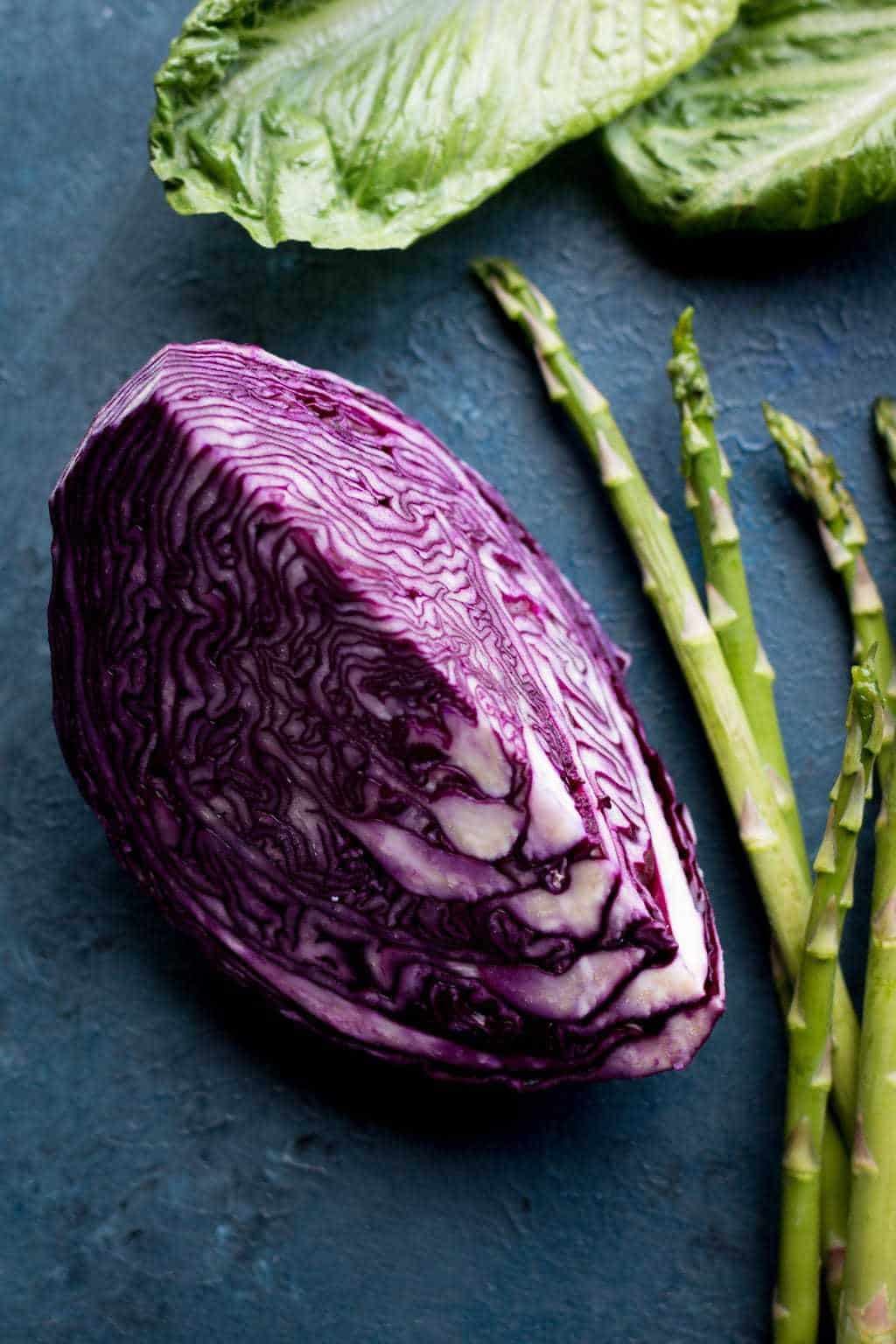
And remember the simple plate method. Half of your plate as vegetables and a quarter each should be meat/alternatives and grains/starches.
This doesn’t mean you need to have meat, potatoes and vegetables at each meal. Get creative with the healthy plate. Just keep those proportions in mind. More vegetables, some protein and some carbohydrates. Also, you don’t need to eat meal at all! Use plant-based protein for a low-fat, fiber-rich alternative, such as beans, lentils, tofu or tempeh.
Eating vegetables doesn’t have to be boring. Mix it up! Try new vegetables or cook them differently.
Some of my favorite vegetable-focused recipes:
- Hydrating Super Green Smoothie
- Cozy Carrot Cake Oatmeal
- Creamy Carrot Top Avocado Sauce
- Weeknight Vegetarian Stir-Fry
- Roasted Brussels Sprouts with Garlic Pecans
- Vegetarian Pumpkin Chili
- Late-Summer Vegetarian Tex-Mex Casserole
- Sweet Potato & Toasted Bread Winter Salad
What’s your favorite way to eat vegetables?
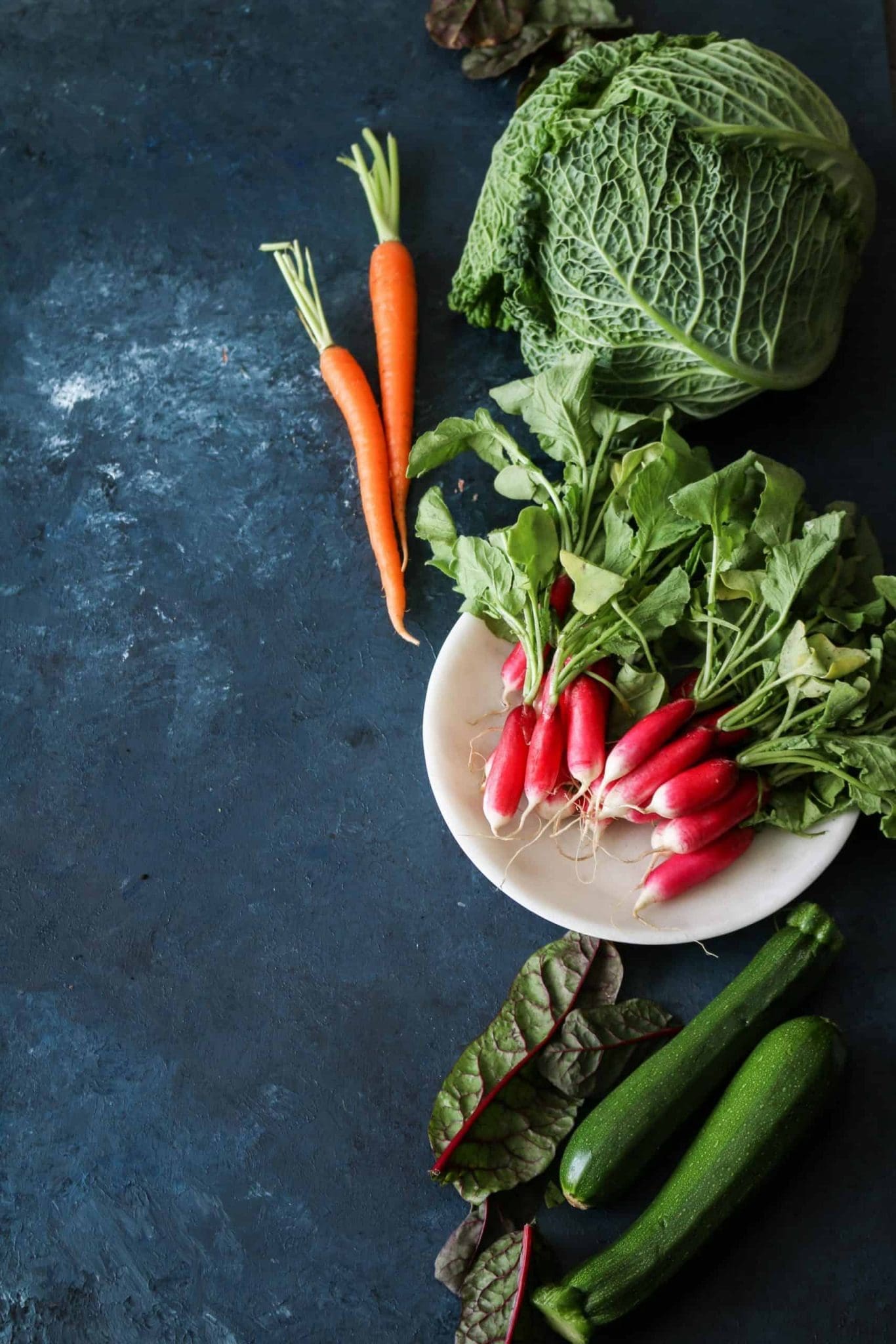




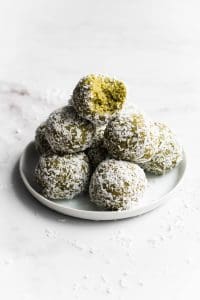

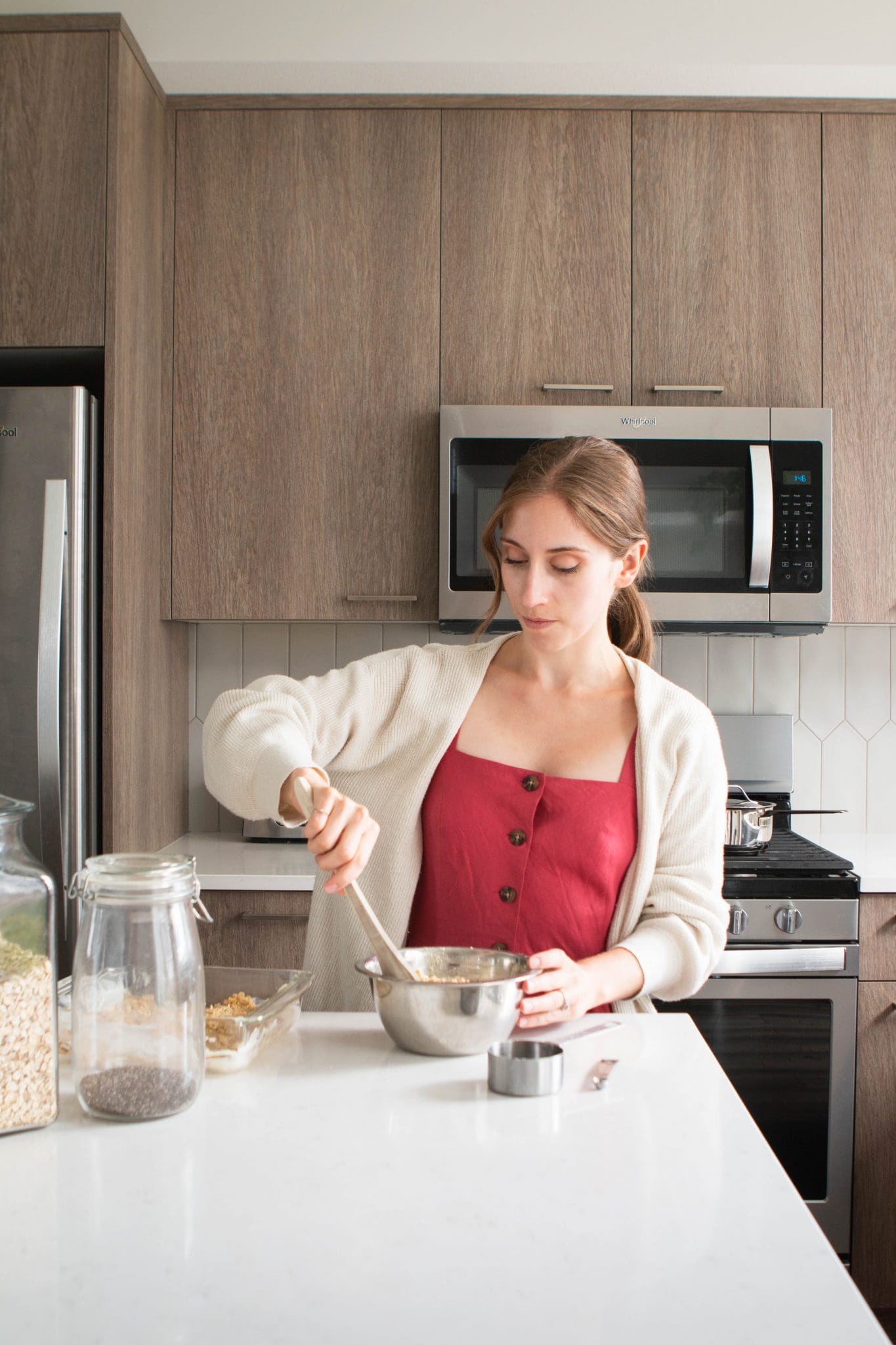
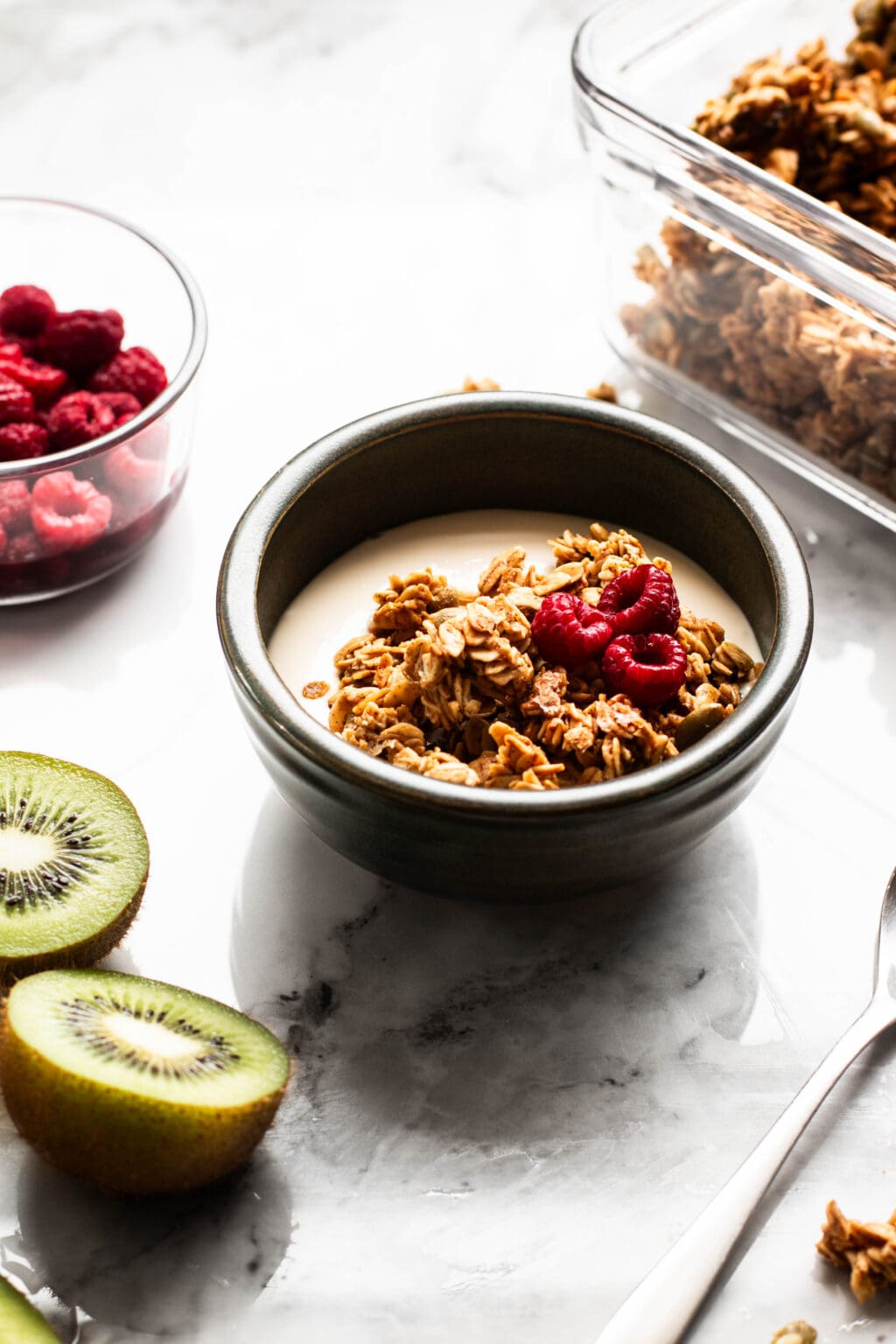
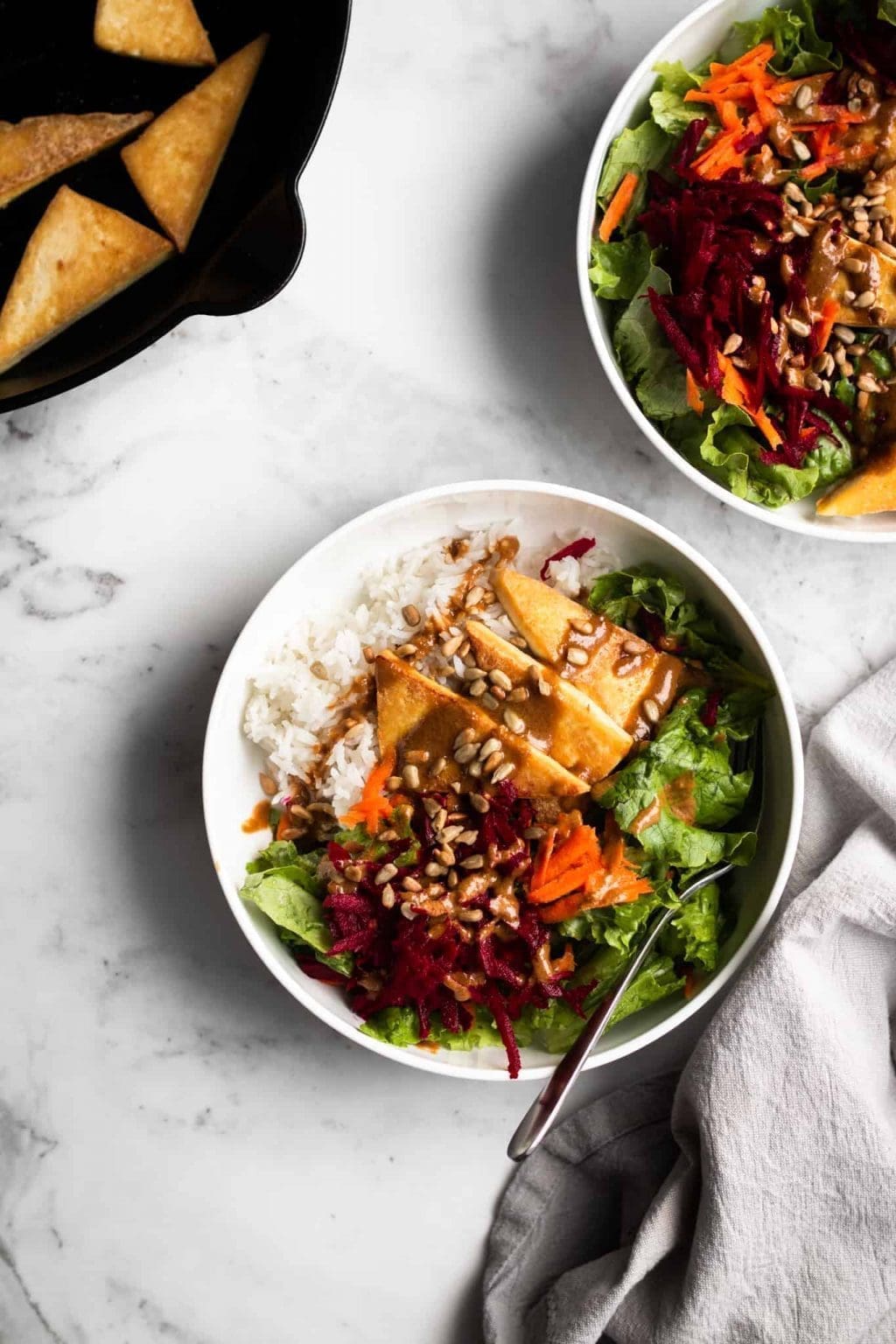
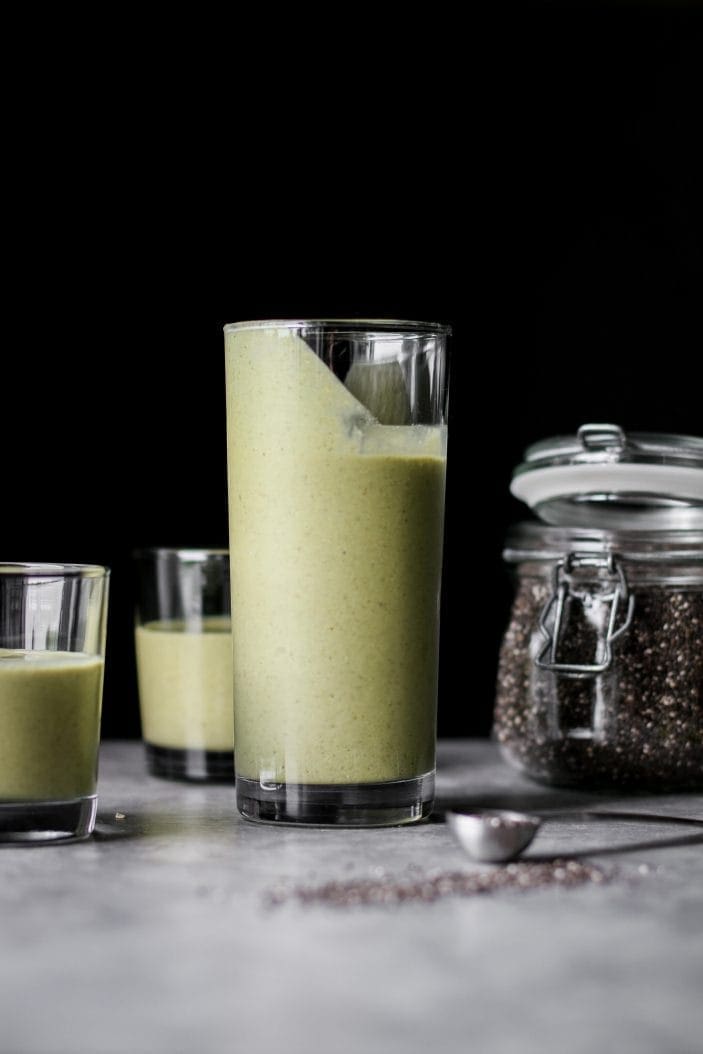
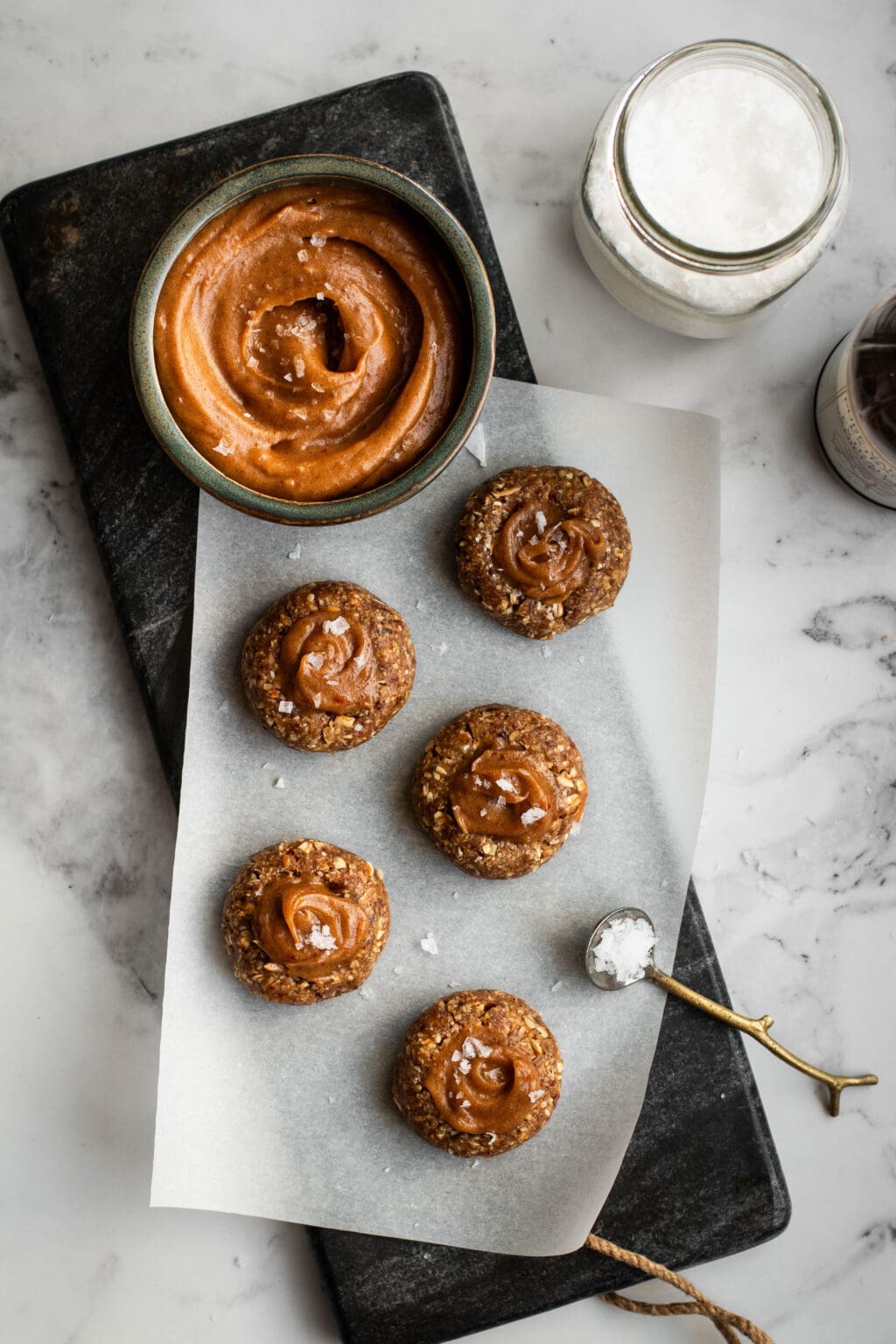
Leave a Reply